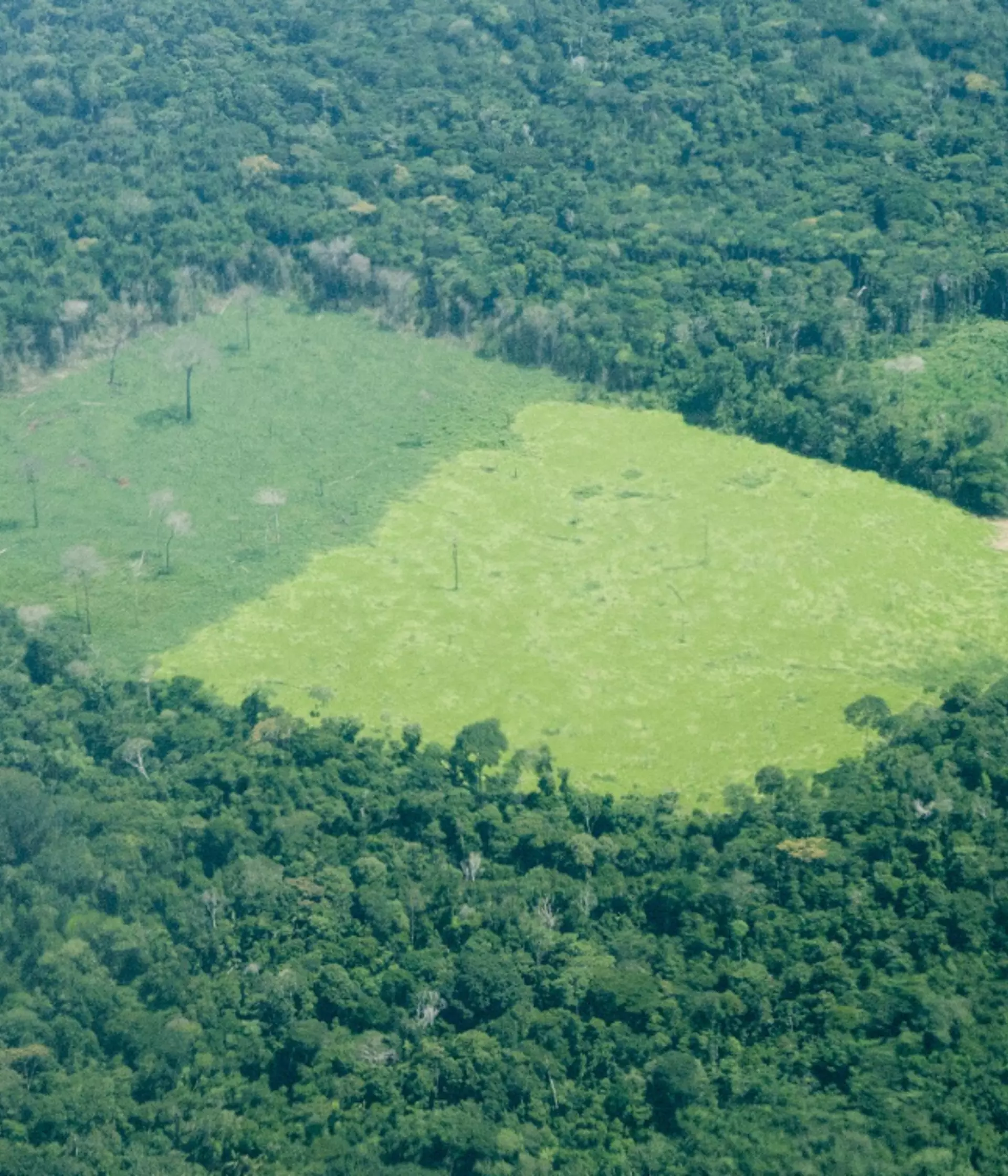Tropical timber and pulp sector is falling vastly short of its traceability and zero deforestation reporting.
Published today (28 August 2024), our latest SPOTT assessment – marking a decade of our work in advancing public disclosure in soft commodity supply chains - reveals that most of the world’s 100 most significant tropical timber and pulp companies have made limited progress in disclosing their zero deforestation and traceability commitments, despite growing pressure to halt deforestation worldwide by 2030.
Scoring companies on their commitments to and reporting of sustainable and ethical practices, the assessments found that companies scored on average 24.1%, a decline from 37.1% in 2017 when the assessments began. This reflects a concerning – and continuing - lack of public engagement with environmental, social and governance (ESG) issues such as deforestation, biodiversity loss, and Indigenous Peoples’ and local communities’ (IPLCs) rights.
Even when excluding pre-2019 data—marking the implementation of a stricter and more comprehensive SPOTT scoring criteria—the overall score has remained low, fluctuating from 20.9% in 2019 to 24.1% in 2024.
Sam Ross, ZSL’s Sustainable Business Project Analyst who led the assessment, said: “We have seen small signs of progress, but the overwhelming story has been one of inertia. Despite years of pressure and attempted engagement, our data shows many tropical forestry companies continue to fail in reporting even basic ESG data. Together, these top 100 companies manage forests almost the size of France – so their actions impact a significant area of the world’s forests.”
We're calling on timber and pulp companies to take urgent and proactive steps towards greater transparency, and for their buyers to demand it.
ith increasing regulatory pressure and global environmental goals tightening, it is more crucial than ever for companies to help secure the future of tropical forests, safeguarding both wildlife and the more than 1 billion people who rely on these ecosystems.
Sam explained why buyers and investors must take a critical stance and hold timber and pulp companies accountable to protect our planet’s most vital ecosystems: “After eight years of research, it’s clear that transparency is unlikely to come from the tropical forestry sector alone. Given their significant market presence and influence through sourcing and investment decisions, buyers and financers must play a crucial role by requesting detailed data, demanding transparency, and pushing for accountability within the sector.
“By doing so, they can provide a layer of accountability that complements regulations such as the incoming EU Deforestation Regulation, which will soon require companies importing to EU markets to conduct due diligence and demonstrate their products are deforestation-free, although it does not currently mandate public disclosure of this information.”
The SPOTT team found that some of the world’s largest consumer goods manufacturers – including Nestlé, Mars, Hershey’s, PepsiCo, Colgate-Palmolive and Procter & Gamble - source pulp and paper for packaging from SPOTT-assessed companies. SPOTT commends these companies for publicly disclosing their suppliers and encourages other buyers of timber and pulp to do the same.
Beyond public disclosures, buyers must enhance due diligence by consistently monitoring supplier progress and cross-referencing data, including using SPOTT’s media monitor, which tracks media coverage of company activities and highlights that high scores do not always translate to on-the-ground action.
Given tropical forestry companies’ direct management of large swathes of the planet’s most biodiverse terrestrial ecosystems, ensuring they operate sustainably and transparently is vital.
Despite covering just 6% of the Earth’s surface, tropical forests play a crucial role in regulating the climate and providing habitat for countless species - including critically endangered Sumatran tigers, orangutans and African elephants – as well as millions of people living in and around them, many of whom depend on these forests’ resources for survival.
There has been a growing recognition of the value of forests in addressing the climate and biodiversity crises within the private sector. This was marked in 2021 at COP26, where the private sector joined world leaders to commit to halting and reversing forest loss by 2030. However, SPOTT’s data shows widespread inaction among the companies operating in these forests, demonstrating a failing to match the level of urgency required to tackle this problem. While over half of the companies have commitments to zero deforestation, evidence of implementation over the past eight years has been minimal. The percentage of companies monitoring deforestation within their operations has seen only a slight increase, from 13.6% in 2019 to 14.3% in 2024.
To foster real change, we have established a team of experts offering tailored advisory services to support buyers and financial institutions in advancing their deforestation and biodiversity goals.
